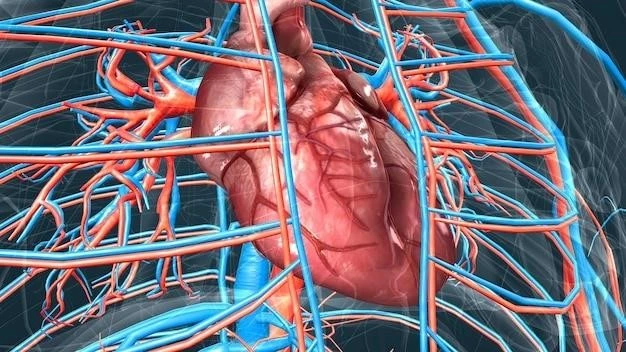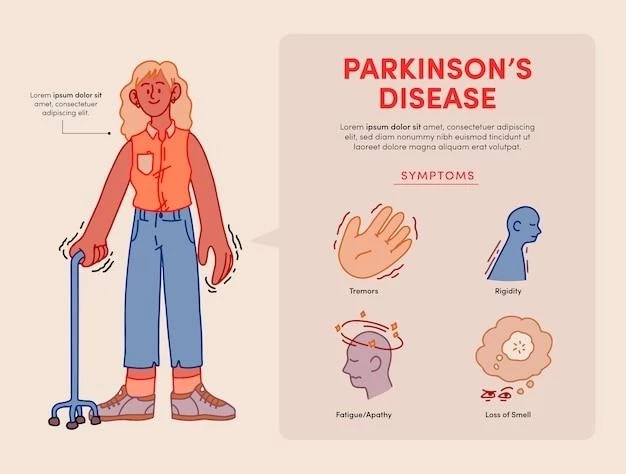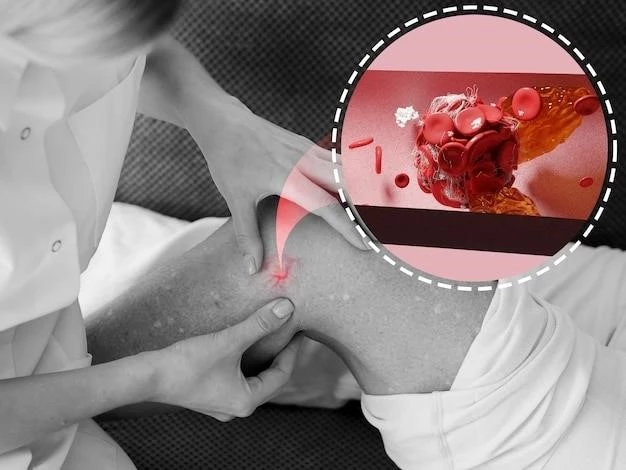Parry Romberg syndrome (PRS)‚ also known as progressive hemifacial atrophy‚ is a condition characterized by gradual progressive craniofacial asymmetry.
Parry Romberg syndrome (PRS)‚ also known as progressive hemifacial atrophy or idiopathic hemifacial atrophy‚ is an idiopathic condition characterized by gradual progressive craniofacial asymmetry. Initially described by C. Parry and M. Romberg‚ the syndrome involves atrophy of subcutaneous tissue‚ muscles‚ osseous‚ and cartilaginous structures typically manifesting in the first two decades of life.
Symptoms and Manifestations
Patients with Rommen–Mueller–Sybert syndrome may present with progressive craniofacial asymmetry due to atrophy of subcutaneous tissues and muscles.
Definition and Background
Parry Romberg syndrome (PRS)‚ also known as progressive hemifacial atrophy or idiopathic hemifacial atrophy‚ is an idiopathic condition characterized by gradual progressive craniofacial asymmetry. It typically manifests in the first two decades of life and involves the atrophy of subcutaneous tissue‚ muscles‚ osseous‚ and cartilaginous structures.
Developmental Delays
Individuals with Rommen–Mueller–Sybert syndrome may exhibit developmental delays due to the progressive nature of the condition affecting craniofacial structures.
Causes and Risk Factors
Parallel Romberg syndrome is characterized by idiopathic‚ progressive craniofacial asymmetry linked to atrophy of facial structures.
Genetic Mutations
Rommen–Mueller–Sybert syndrome is associated with genetic mutations leading to progressive craniofacial asymmetry attributed to atrophy of facial structures.
Inheritance Patterns
The Rommen–Mueller–Sybert syndrome follows inheritance patterns attributed to genetic mutations leading to progressive craniofacial asymmetry.
Diagnosis and Testing
Diagnosis of Rommen–Mueller–Sybert syndrome typically involves clinical evaluation to assess craniofacial asymmetry and may require genetic testing.
Clinical Evaluation
Clinical evaluation plays a crucial role in diagnosing Rommen–Mueller–Sybert syndrome by assessing progressive craniofacial asymmetry and other associated features through physical examination.
Genetic Testing
Genetic testing is a key component in the diagnostic process for Rommen–Mueller–Sybert syndrome‚ aiding in the identification of specific genetic mutations associated with the condition’s development.
Treatment Approaches
Treatment for Rommen–Mueller–Sybert syndrome may involve a multidisciplinary care team and various therapies to address craniofacial asymmetry.
Multidisciplinary Care Team
For Rommen–Mueller–Sybert syndrome‚ a multidisciplinary care team involving specialists from various fields may be necessary to provide comprehensive treatment and management.
Therapies and Interventions
Therapeutic interventions for Rommen–Mueller–Sybert syndrome may include a range of therapies aimed at addressing craniofacial asymmetry and associated symptoms to improve quality of life.

Prognosis and Outlook
The long-term management of individuals with Rommen–Mueller–Sybert syndrome aims to address craniofacial asymmetry and enhance overall quality of life.
Long-Term Management
Long-term management of Rommen–Mueller–Sybert syndrome focuses on addressing craniofacial asymmetry and maintaining the overall quality of life through ongoing care and therapeutic interventions.
Research and Clinical Trials
Current studies on Rommen–Mueller–Sybert syndrome focus on advancing understanding‚ treatment approaches‚ and potential interventions.
Current Studies on Rommen–Mueller–Sybert Syndrome
Research is ongoing to advance the understanding‚ treatment‚ and management strategies for individuals affected by Rommen–Mueller–Sybert syndrome‚ exploring innovative approaches to address the complexities of this condition.
Support Resources for Patients and Families
Patient advocacy groups and financial assistance programs offer support to individuals and families affected by Rommen–Mueller–Sybert syndrome.
Patient Advocacy Groups
Patients and families dealing with Rommen–Mueller–Sybert syndrome can benefit from the assistance and guidance provided by patient advocacy groups focused on offering support‚ resources‚ and information about the condition.
Financial Assistance Programs
Financial assistance programs provide valuable support to individuals and families managing the complexities of Rommen–Mueller–Sybert syndrome‚ offering aid with various aspects of care and treatment.
Coping Strategies and Quality of Life
Individuals with Rommen–Mueller–Sybert syndrome may benefit from psychological and emotional support to cope with the challenges and enhance their overall quality of life.
Psychological and Emotional Support
Psychological and emotional support can play a crucial role in helping individuals and families navigate the challenges associated with Rommen–Mueller–Sybert syndrome‚ promoting overall well-being and coping strategies.

Future Directions in Understanding the Syndrome
Future directions in understanding Rommen–Mueller–Sybert syndrome involve ongoing research to enhance knowledge‚ treatment modalities‚ and patient outcomes‚ aiming to further unravel the complexities of this condition.
